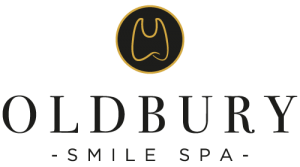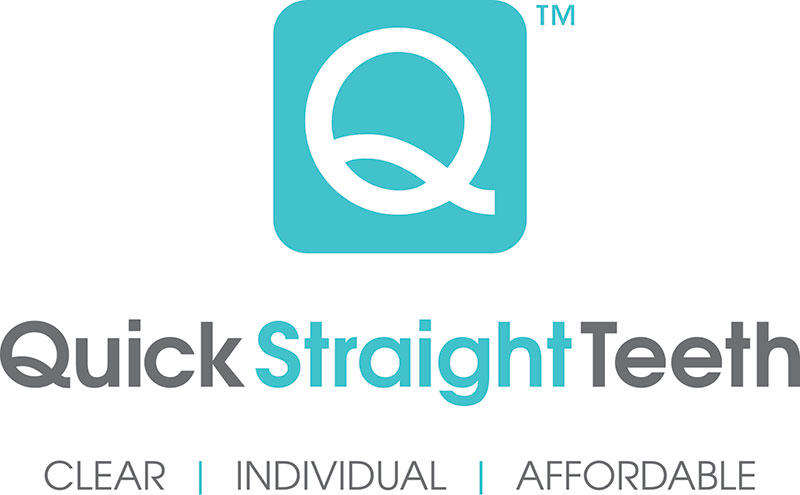Children’s Dental Treatments
Range of Dental Treatments
Annual Dental Plans
0% Finance Available
We provide dental treatment for children on a private basis. We believe prevention is important, and we encourage children to be booked in from the age of 2, so they can get used to being seen by the dentist, and we can assess the mouth and growth, and provide any necessary measures at early stages.
Dental Care for Children at Oldbury Smile Spa
It’s important that children become familiar with the dentist at an early stage in life. We provide private dental appointments for children, carrying out routine checkups and treatments, as required.
If your child shows any symptoms of discomfort, it is best to identify problems early by giving the practice a call and booking an appointment.
Childrens Dental Check-up and Treatment
Baby teeth are usually whiter in colour compared to adult teeth and the difference is more pronounced when the two different teeth are viewed together i.e. when looking at an adult tooth next to a baby tooth. This is the most common reason it appears like the adult teeth are more yellow, however there are other reasons too:
- If the preceding baby tooth had an infection, there is a possibility it could damage the permanent tooth developing directly above it. This can discolour the developing tooth making it look yellow or brown.
- Certain medications, such as tetracycline antibiotics, can cause discolouring of developing adult teeth.
- Decayed teeth often look dark.
- Sometimes the enamel fails to form properly which can lead to brown discolouration.
- An excess of fluoride can lead to fluorosis. This is rare in Croydon (where our practices are based) however, more likely to occur in areas with fluoridated water such as Birmingham.
Children’s teeth often come out at different angles in comparison to the existing teeth, however this does not necessarily mean they will need braces. Adult teeth are much bigger than baby teeth and when children are small, their mouths are simply not big enough to accommodate all the existing teeth plus the new erupting ones. This means they can sometimes come out in front, behind or at different angles. Most of the time it is tricky to conclusively say whether they will need braces in the future as lots will change as more of their teeth erupt and they continue to develop and grow. The best time to make an assessment is once all the permanent teeth have come through. Certain criteria must be met in order to qualify for NHS treatment. The oral hygiene levels must be good, and the teeth need to show a minimum severity of malalignment.
A general dentist will refer children to an orthodontist for braces (normally between the ages of 12-16). Severe cases are sent earlier if required.
Browsing the dental section in the supermarket can sometimes be a daunting task due to the enormity of choice. With each toothpaste claiming to be the best, how do you know which one to trust? Truthfully, they are pretty much all the same. As long as the toothpaste has fluoride in, they will pretty much do the same thing. So, do not worry about making the wrong choice – the one’s for sensitive teeth work slightly different to one another, but the kid’s ones are pretty similar.
In terms of fluoride content here is a chart that will help you to determine which one is appropriate for your child:
- Up to the age of 3 years use toothpaste with no less than 1000ppm fluoride.
- For ages 3-6 years use toothpaste with more than 1000ppm fluoride.
- For ages 7 years plus use toothpaste with 1350-1500ppm fluoride.
These figures are based on children with average/low risk of decay. Your dentist may recommend higher levels if your child is deemed to be at a higher risk of decay.
Mouthwashes are also similar. Ensure your children are old enough to spit it out and go for a fluoridated, alcohol free one. The important thing to remember about mouthwash is that its best to use it at a different time to toothbrushing.
We recommend taking your child to the dentist as soon as the first teeth start coming through. It will mostly be for advice to ensure they get the best start to oral health. However, it is also important to get them used to the environment.
As a parent myself, I have experienced first-hand the difficulties in brushing toddlers’ teeth, especially when they are not in the mood.
Some tips are:
- Make it fun. Sing a little song to keep them entertained whilst brushing. Hang a chart on their wall and get them to place a gold star sticker once they have brushed their teeth. Perhaps give them a treat once they have finished a whole week of good brushing.
- Use fun toothbrushes. We used a battery powered one with flashing lights which helped enormously. You can even get them to pick one out themselves.
- Stick to a routine and the chips will all fall into place. Having a good night-time routine has helped us.
- Have a range of children’s toothpastes and let them choose which one they want to use on that day. This gives them a sense of control and makes them feel like it is their idea!
- Let them brush their teeth themselves and then do it yourself afterwards.
- Positive reinforcement helps – praise them once they have finished brushing.
- Brush your teeth in front of them so they get used to seeing the action being performed.
- Try and have a mirror available for them that is at their height, so they can watch themselves brushing.
Usually, the first visit is short and simple—but still very important!
We take time to get to know your child in an environment that is friendly and relaxed. The dentist will check your child’s teeth and make sure there are no problems with the gums or jaw. We’ll also assess your child’s oral health needs and evaluate the risk of cavities.
We’ll also clean your child’s teeth and apply a fluoride varnish. Depending upon your child’s individual needs, we may also take X-rays—these will help us care for your child’s teeth as they develop.
- Avoid sugary foods
- Make sure your child brushes at least twice a day
- Use a fluoride toothpaste
- Floss daily
- Ask your dentist about a fluoride supplement
- Limit snacking—a healthy diet is important
First, most children outgrow this habit by age four. If your child continues after permanent teeth erupt, or sucks aggressively, let us know and we can check to see if any problems may arise from the habit.
We’re dedicated to providing quality emergency treatment for all our patients. In case of an emergency, contact us on 0121 552 7749.











